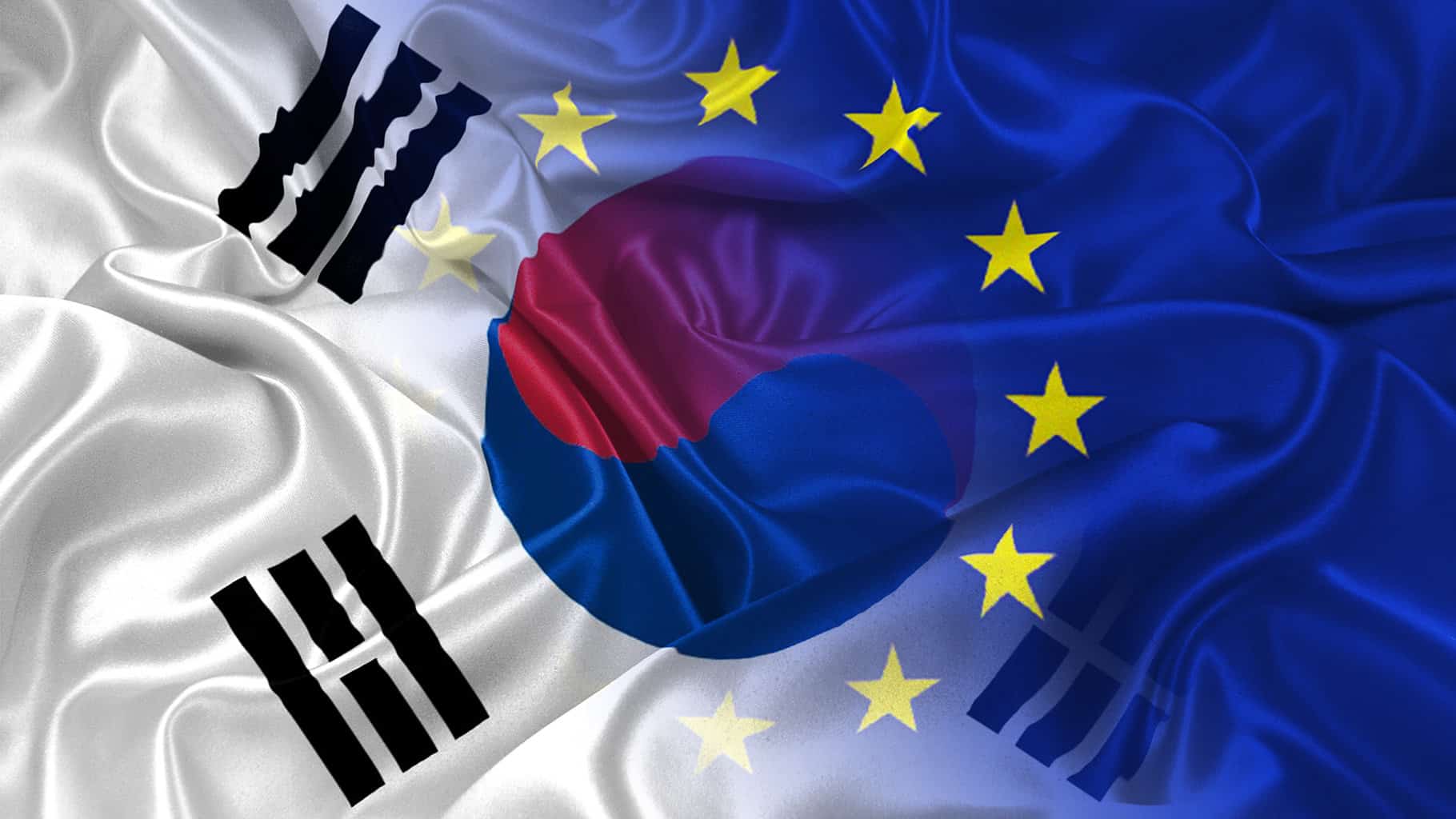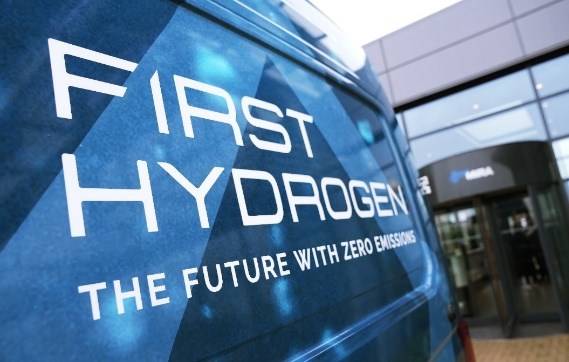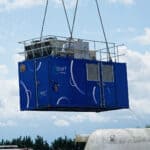South Korea’s imminent participation in the Horizon Europe program signifies a significant stride towards bolstering international collaboration in research and innovation. Led by Commissioner Iliana Ivanova and Korean Minister Lee Jong Ho, the finalized negotiations underscore a pivotal moment in global cooperation under Horizon Europe, the world’s largest research initiative. This move expands the program’s reach beyond geographical confines, emphasizing shared scientific goals and fostering a paradigm shift in global research collaboration. Building upon established cooperation between the EU and Korea, dating back to the 2007 Agreement for Scientific and Technological Cooperation, this partnership opens avenues for enhanced collaboration. With access to funding under Pillar II of Horizon Europe, Korea aims to address pressing global challenges, from climate change to healthcare innovation. Korea’s integration into Horizon Europe promises to drive innovation, tackle global challenges, and unite the global research community towards a future shaped by technological progress. Explore our Horizon Europe eBook to delve deeper into the transformative potential of this collaboration and discover leading projects receiving funding support.
In a major step toward strengthening international collaboration in research and innovation, South Korea is set to join the Horizon Europe program.
Commissioner for Innovation, Research, Culture, Education, and Youth, Iliana Ivanova, alongside Korean Minister for Science and Information and Communication Technology, Lee Jong Ho, finalised negotiations, marking a key moment in developing cooperation under Horizon Europe.
South Korea will then join the esteemed group of nations associated with the Horizon Europe programme, the world’s largest research initiative.
In the midst of the second half of 2024, the Association Agreement’s proper signing is anticipated to occur, pending the completion of both sides ‘ ratification processes.
This milestone will enable Korea to participate fully in Horizon Europe from 2025.
Ivanova commented:” I am glad to welcome Korea into the Horizon family. This is a milestone for our cooperation, and it’s great news for science and innovation on a worldwide scale. Collectively, we will be able to tackle world challenges more properly”.
A shift in global research collaboration
Typically, association with the EU’s research and innovation endeavours was extended to countries within the Union’s geographical proximity.
But, Horizon Europe represents a paradigm shift, welcoming like- thinking nations with strong medical and scientific profiles, irrespective of their geographical location.
This change in approach is in line with the program’s wider goal of fostering international collaborations in innovation and research.
Building on established cooperation
The EU and Korea have long cooperated in research and innovation, starting with the 2007 Agreement for Scientific and Technological Cooperation.
This agreement, which is overseen by the Joint Committee on Scientific and Technological Cooperation, has laid the groundwork for a productive collaboration between the two organizations.
funding available through Pillar II
Following the agreement, researchers and organisations in Korea will gain access to funding under Pillar II of Horizon Europe, the programme’s largest cooperative segment.
With a large budget of €53.5bn, Pillar II focuses on addressing global challenges such as climate change, energy sustainability, online transformation, and healthcare innovation.
Horizon Europe: A gateway to international collaboration
Korea’s timely association with Horizon Europe heralds a new chapter in global research collaboration, promising to drive innovation, address pressing global challenges, and foster a more connected world research community.
This partnership represents a crucial milestone for finding common ground in the face of the challenges that lie ahead as the world looks to a future shaped by innovation.
Read our Horizon Europe eBook to learn more about the revolutionary opportunities offered by Horizon Europe and the leading projects that have received funding.
The inclusion of South Korea in the Horizon Europe program marks a significant leap forward in global research and innovation collaboration. Led by Commissioner Iliana Ivanova and Korean Minister Lee Jong Ho, this partnership signifies a departure from traditional geographical limitations, emphasizing shared scientific objectives and fostering a more interconnected research community. Building upon longstanding cooperation between the EU and Korea, this move opens doors to enhanced collaboration and access to crucial funding under Horizon Europe’s Pillar II. As Korea integrates into the program, it sets the stage for tackling pressing global challenges and driving innovation towards a future shaped by technological advancement and international cooperation.













